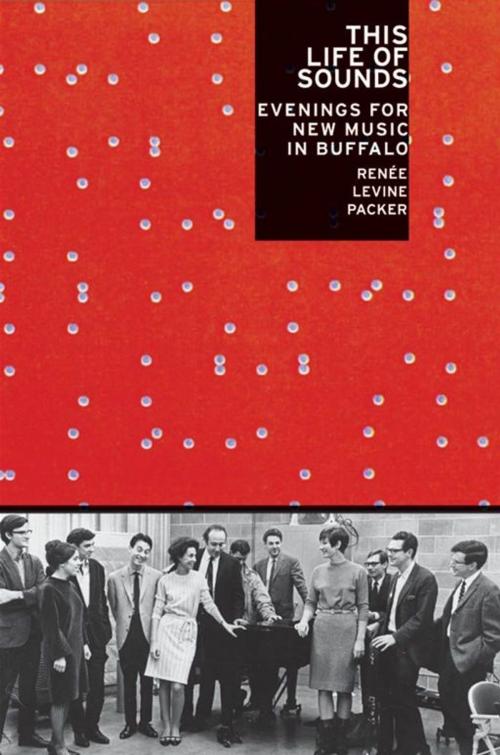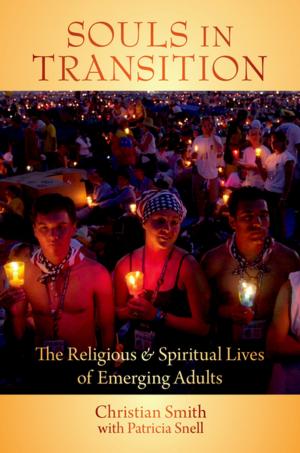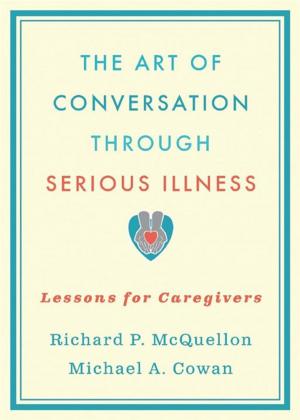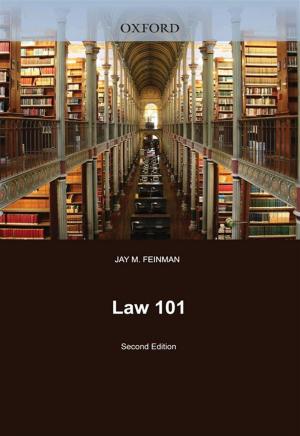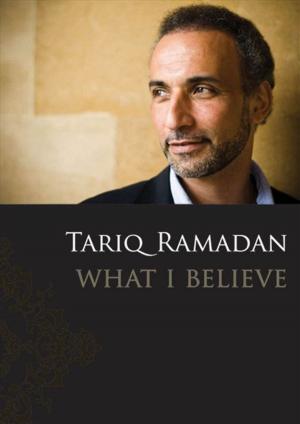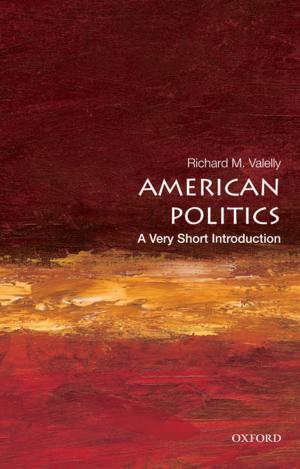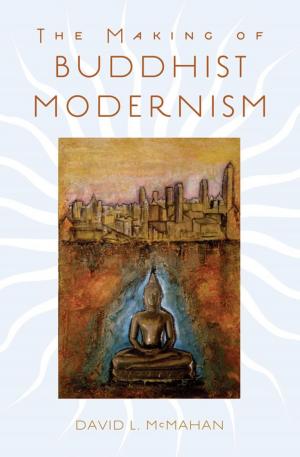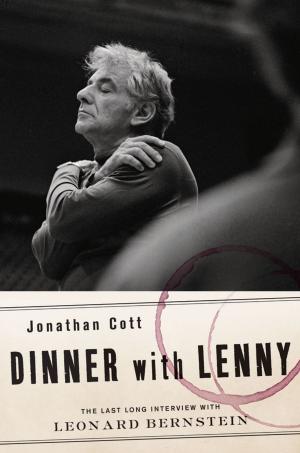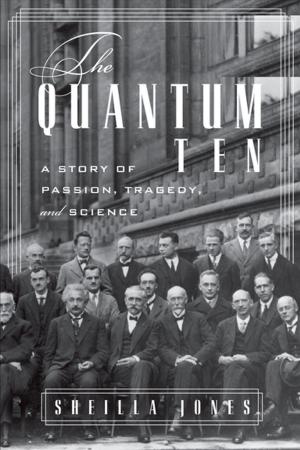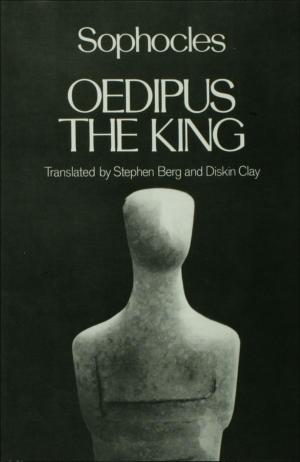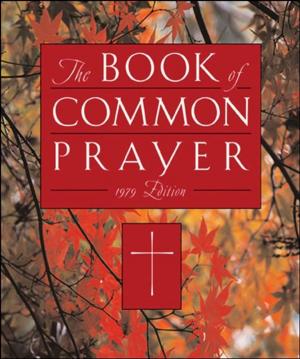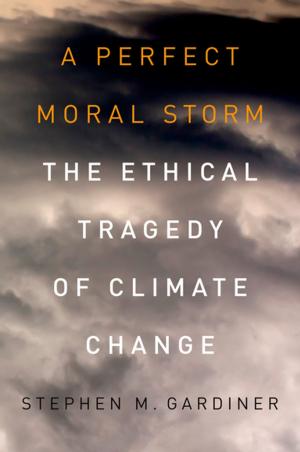This Life Of Sounds : Evenings For New Music In Buffalo
Nonfiction, Entertainment, Music, Theory & Criticism, History & Criticism, Reference| Author: | Renee Levine Packer | ISBN: | 9780199730773 |
| Publisher: | Oxford University Press, USA | Publication: | July 23, 2010 |
| Imprint: | Oxford University Press, USA | Language: | English |
| Author: | Renee Levine Packer |
| ISBN: | 9780199730773 |
| Publisher: | Oxford University Press, USA |
| Publication: | July 23, 2010 |
| Imprint: | Oxford University Press, USA |
| Language: | English |
This Life of Sounds portrays an important and previously unexplored corner of the history of new music in America: the Center of the Creative and Performing Arts in the State University of New York at Buffalo. Composers Lukas Foss (the Center's founder), Lejaren Hiller, and Morton Feldman were the music directors over the life of "the Buffalo group," during the years 1964-1980. Based on Foss's plan, the Rockefeller Foundation provided annual fellowships for young composers and virtuoso instrumentalists to live in Buffalo for up to two years, thus creating a cadre of like-minded musicians who would spend their time studying, creating, and performing difficult - often controversial - new work. The now legendary group of musicians (some would say "musical outlaws") who participated in the Buffalo group included Pulitzer Prize winner George Crumb, Terry Riley, Cornelius Cardew, Maryanne Amacher, Frederic Rzewski, David Tudor, Julius Eastman, and many more. Composers John Cage, Jim Tenney, Iannis Xenakis and others all figure in the story as well. The book provides valuable accounts of the Center's influential concert series, Evenings for New Music, performed in Buffalo, New York and throughout Europe; its famous recording of Terry Riley's In C; the political activism of the time; and the intersection of academic, private, and institutional funding for the arts. Life magazine declared in an article about the 1965 Festival of the Arts Today titled, "Can This Be Buffalo?", "Buffalo exploded last month in a two-week avant garde festival that was bigger and hipper than anything ever held in Paris or New York..." The concerts, the festivals, and the adventurous musical climate attracted filmmakers and young visual artists resulting in what one person called "one of those kinds of places the way people talk about Vienna in 1900-1910.
This Life of Sounds portrays an important and previously unexplored corner of the history of new music in America: the Center of the Creative and Performing Arts in the State University of New York at Buffalo. Composers Lukas Foss (the Center's founder), Lejaren Hiller, and Morton Feldman were the music directors over the life of "the Buffalo group," during the years 1964-1980. Based on Foss's plan, the Rockefeller Foundation provided annual fellowships for young composers and virtuoso instrumentalists to live in Buffalo for up to two years, thus creating a cadre of like-minded musicians who would spend their time studying, creating, and performing difficult - often controversial - new work. The now legendary group of musicians (some would say "musical outlaws") who participated in the Buffalo group included Pulitzer Prize winner George Crumb, Terry Riley, Cornelius Cardew, Maryanne Amacher, Frederic Rzewski, David Tudor, Julius Eastman, and many more. Composers John Cage, Jim Tenney, Iannis Xenakis and others all figure in the story as well. The book provides valuable accounts of the Center's influential concert series, Evenings for New Music, performed in Buffalo, New York and throughout Europe; its famous recording of Terry Riley's In C; the political activism of the time; and the intersection of academic, private, and institutional funding for the arts. Life magazine declared in an article about the 1965 Festival of the Arts Today titled, "Can This Be Buffalo?", "Buffalo exploded last month in a two-week avant garde festival that was bigger and hipper than anything ever held in Paris or New York..." The concerts, the festivals, and the adventurous musical climate attracted filmmakers and young visual artists resulting in what one person called "one of those kinds of places the way people talk about Vienna in 1900-1910.
